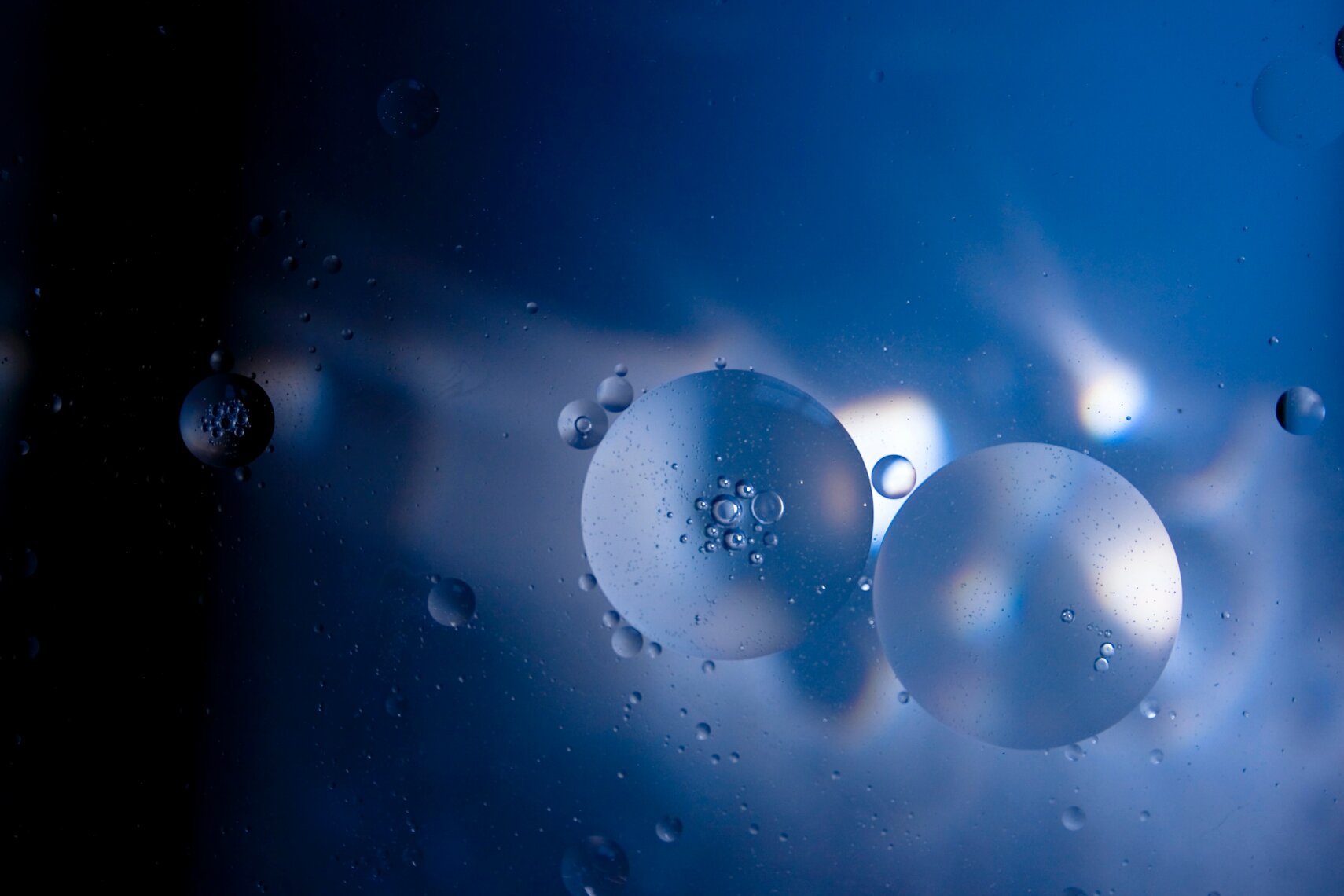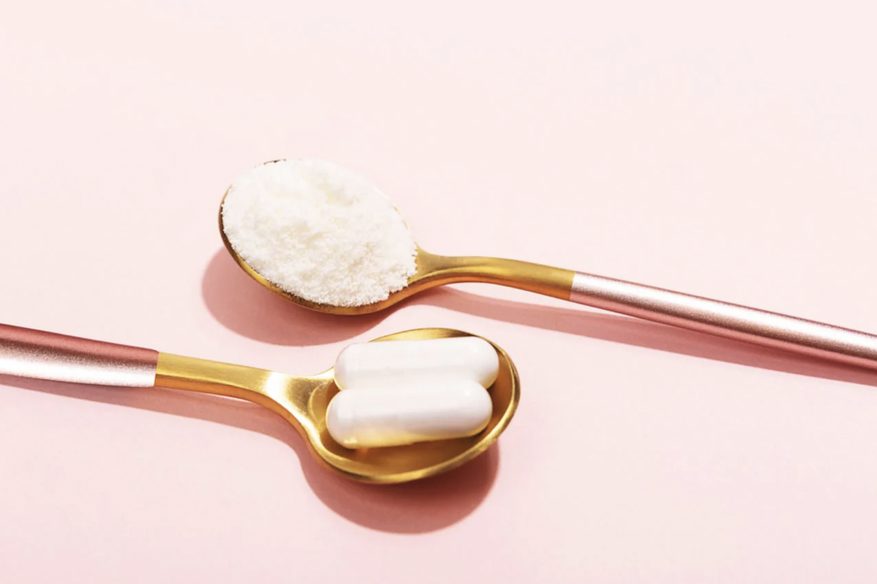 What’s the Difference Between Collagen Peptides and Hydrolyzed Collagen?
What’s the Difference Between Collagen Peptides and Hydrolyzed Collagen?
Enzymatic Hydrolysis
Enzymatic Hydrolysis is a fundamental chemical process that relies on the action of enzymes to break down complex compounds with the assistance of water molecules. This process is not only essential for food digestion within the human body but also plays a crucial role in various industrial applications, particularly in the supplement industry. In the context of collagen supplements, enzymatic hydrolysis is a pivotal method employed by manufacturers to extract collagen from animal sources such as cows, chickens, and fish.
The enzymatic hydrolysis process begins with the selection of high-quality collagen-rich raw materials, typically derived from the skin, bones, or connective tissues of these animals. These raw materials undergo a series of carefully controlled enzymatic reactions, where specific enzymes are used to break down the collagen into smaller peptides. The addition of water molecules aids in the cleavage of the collagen molecules, resulting in the formation of collagen peptides. These peptides are characterized by their reduced molecular size, making them more easily digestible and absorbable by the human body. Enzymatic hydrolysis is a precise and controlled process, ensuring that the resulting collagen peptides retain their nutritional and functional properties while becoming more bioavailable.
 What’s the Difference Between Collagen Peptides and Hydrolyzed Collagen?
What’s the Difference Between Collagen Peptides and Hydrolyzed Collagen?
 What is Bone Health and How Can Collagen Peptides Support It?
What is Bone Health and How Can Collagen Peptides Support It?
 Collagen Peptides: Support Your Skin the Nutritional Way
Collagen Peptides: Support Your Skin the Nutritional Way
 Does Ethnicity Affect How Our Skin Ages?
Does Ethnicity Affect How Our Skin Ages?



